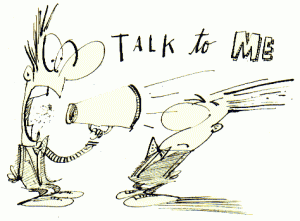 I wait, longing for the next day–a day to rest. A day for connection and being known–to make a difference and not be forgotten.
I wait, longing for the next day–a day to rest. A day for connection and being known–to make a difference and not be forgotten.
I want to judge my longing, the ever-future living, the way I forget today and get wrapped up–anxiously waiting to feel differently.
I want to judge myself, but I also know it is ingrained–this forward seeking, goal setting, always moving way. Believing there must be more…just around the corner.
Maybe tomorrow the teen will believe me when I say you are worth love and loveliness. You are a beautiful creation and your life is not a waste–you can grow into who you want to be.
That day my words will move her deeply–I will wait until she believes what I know is true. Longing, on her behalf, praying, and pleading.
Today, baby girl runs, dances, strings words together like an artist. I long for her to stay still, be small. But she grows, changes, fills our tiny home with rapid footsteps and her perfect newfound voice.
I am here with you, as I see you change before my eyes. Time disappears and I want it to, but simultaneously I don’t–stuck, longing, cherishing, mixed up, never stagnant. Longing for the next day, but not wanting to miss this.
This relationship in today. Knowing you, knowing me.
–Lauren Forsythe, 2013
 Check out a recent interview I did with Children’s Ministry Magazine (Group Publishing):
Check out a recent interview I did with Children’s Ministry Magazine (Group Publishing):


